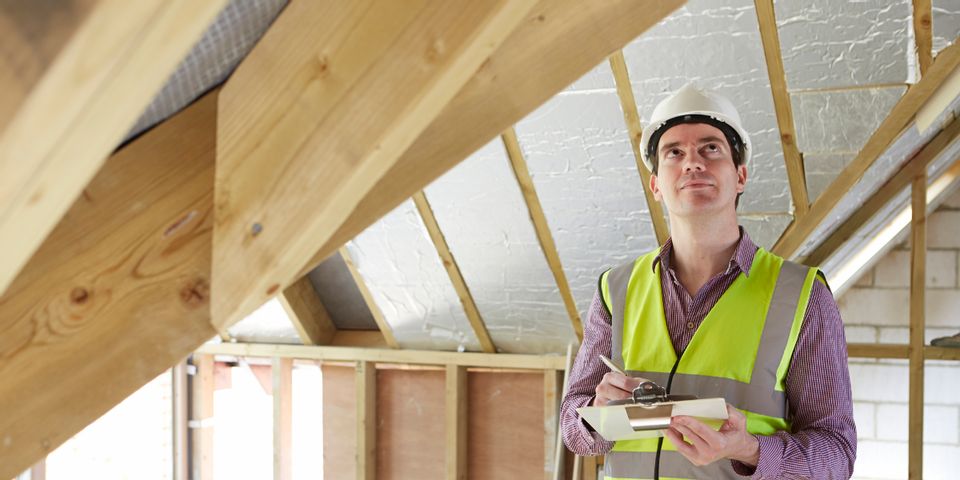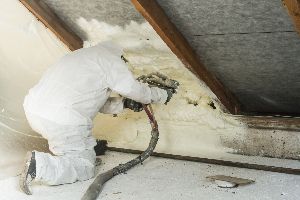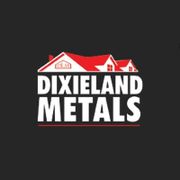
A metal roof comes with many advantages, such as durability and energy efficiency, and more homeowners are requesting this material during construction and remodeling projects. If you're expanding your roofing business to offer metal to your customers, you're likely learning how to properly insulate them as well. Here's a look at the prevalent types of insulation for metal roofing and the pros and cons of each.
What Are the Most Common Metal Roof Insulation Options?
1. Rigid Foam Board
This type of insulation consists of foam boards made from polystyrene or polyurethane that are placed directly beneath the metal roof. It has a high R-value and is one of the best insulators on the market. It also offers excellent soundproofing abilities, perfect for clients who live in areas prone to rain or hail. This option is applied in large sheets that are fitted together using caulk or another sealant.
Although it offers the best thermal insulation, this material is one of the most expensive. It can also be tricky in homes with unique roofing designs because the boards aren't flexible. They may need to be cut or maneuvered to cover tight corners and awkwardly shaped areas. This can increase the amount of time it takes you to complete the project.
2. Spray Foam

Most roofing contractors are familiar with spray foam. The foam's ability to expand on contact and quickly harden makes it the easiest material to work with. It's great for projects that involve tight corners and unique structures, as well as remodeling jobs for old or new roofs. Many jobs with this material can be done quickly, which will make it appealing to many clients.
This type of insulation is easier to use than rigid foam boards but has a lower R-value. It comes in two forms: closed-cell and open-cell. Closed-cell is the more expensive version due to its superior insulating qualities. Open-cell is cheaper but provides a lower R-value.
3. Fiberglass Batts
Fiberglass is the most inexpensive option for metal roof insulation. These thick pads are made of fiberglass and other synthetic materials that have been tightly woven together. They're more flexible than rigid foam boards and easier to cut. They can be purchased in a variety of different R-values, depending on your client's home and the local climate.
Like rigid foam boards, fiberglass batts are difficult to shape around tight corners and rafters. They can also be easily damaged by moisture, so extra time may be required when installing in a humid climate to make sure this has been compensated for. Fiberglass is dangerous to work with as well, so ensure you have goggles and other safety equipment.
The next time you install a metal roof, contact Dixieland Metals of Alabama LLC in Dothan, AL. This company provides the highest-quality materials and accessories for metal roofing and siding projects. Visit their website to see their full inventory or call (334) 678-0038 to connect your business to this local manufacturer.
About the Business
Have a question? Ask the experts!
Send your question

